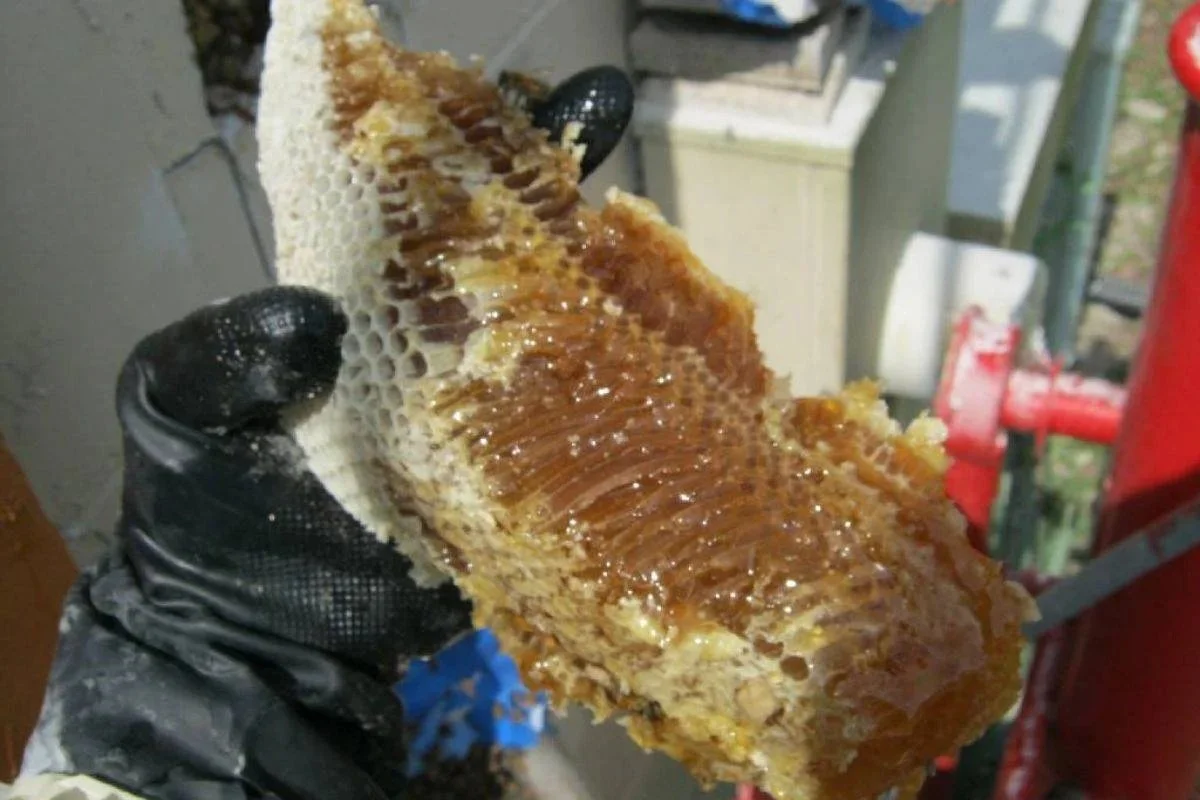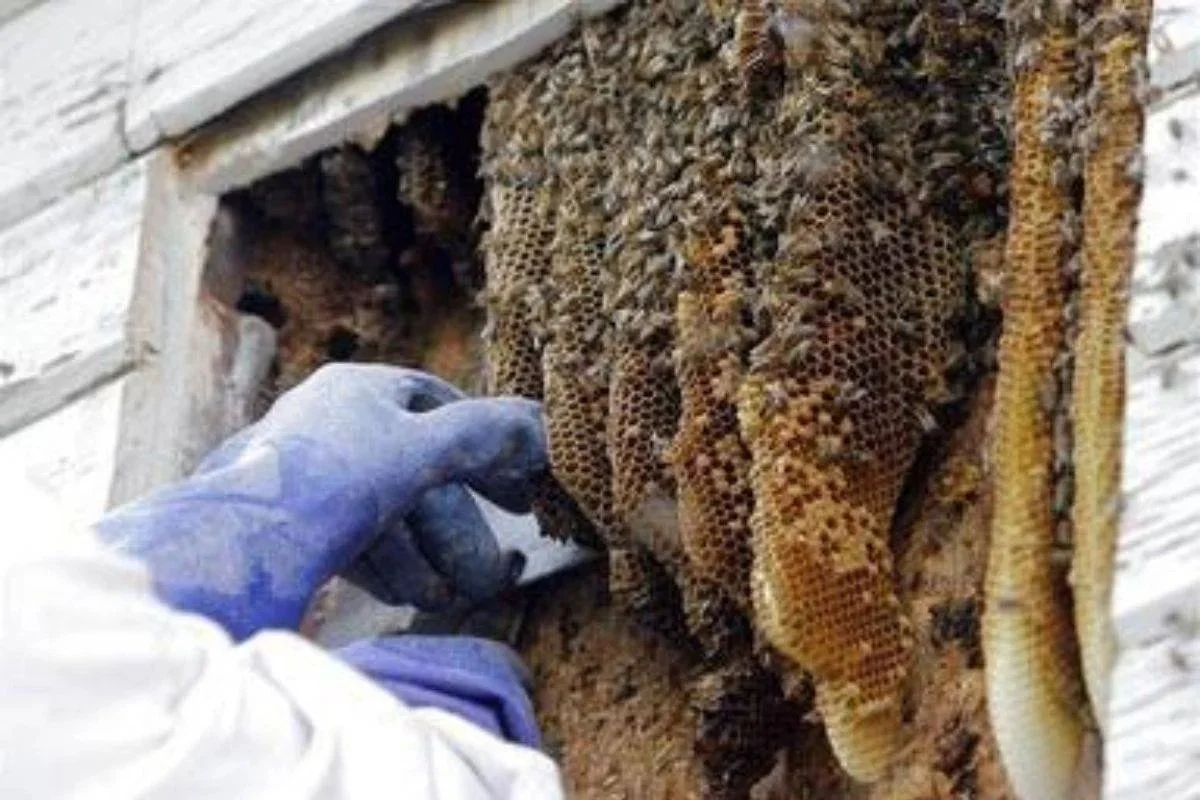Why Honey Removal Is Just as Important as Bee Removal.
When most people discover a beehive in their home or property, their first thought is to get rid of the bees. While removing the bees is a critical step, many homeowners don’t realize that honey removal is equally important. Leaving honey and wax behind can lead to costly repairs, pest infestations, and even structural damage.
In this blog, we’ll explain why honey removal matters, what can go wrong if you skip it, and why professional bee removal companies always include honey cleanup as part of their service.
Honey Removal Is Just as Important as Bee Removal.
Bee Removal vs. Honey Removal: What’s the Difference?
Bee removal involves safely relocating live bees from your walls, attic, or property. This step ensures that the colony no longer poses a risk to you, your family, or your pets.
Honey removal, on the other hand, focuses on cleaning up the hive’s remains—honey, wax, comb, and residue—that are left behind after the bees are gone. Without this step, your home can face serious long-term problems.
What Happens If Honey Is Left Behind?
A hive can contain anywhere from 10 to 100+ pounds of honey. When bees are removed, that honey doesn’t just disappear—it melts, drips, and attracts pests. Here are the most common issues:
Structural Damage
Honey is sticky and absorbs moisture. If left in walls or attics, it can seep into wood, drywall, and insulation, causing rot and stains. Over time, this weakens the structure of your home.Pest Infestations
Ants, cockroaches, beetles, and rodents are all drawn to leftover honey. This turns your home into a magnet for unwanted pests.Mold and Bacteria Growth
Honey mixed with humidity creates the perfect environment for mold. This can lead to foul odors and respiratory health risks for your family.Returning Bees
Even after a colony is removed, the smell of leftover honeycomb attracts other bees searching for a new home. Within weeks, you could face another infestation in the same spot.
Why Professional Honey Removal Matters
Some homeowners attempt DIY cleanup, but honey removal is not as simple as scraping away comb. Professional removal is critical because:
Specialized Tools – Experts use equipment designed to access tight spaces inside walls or attics without unnecessary damage.
Thorough Cleanup – Every drop of honey and wax is removed, preventing long-term issues.
Repair and Sealing – Professionals repair the area and seal entry points so bees can’t return.
Safe Disposal – Honey and wax are disposed of responsibly, preventing contamination.
Honey Removal Protects Your Home and the Environment
Protects Your Home and the Environment
Another overlooked reason honey removal is important: environmental health. If honey is left in your home and attracts new swarms, more bees may need to be removed later. This creates unnecessary stress on local bee populations.
By removing both bees and honey the right way, you’re supporting eco-friendly pest control practices that prioritize bee conservation while also protecting your property.
Common Questions About Honey Removal
1. Do I really need honey removal if the bees are gone?
Yes. Bees are only part of the problem—the leftover hive is just as damaging, if not more.
2. How long does honey removal take?
Most jobs take a few hours, depending on the size of the hive and where it is located.
3. Is honey from walls safe to eat?
No. Honey inside walls can absorb chemicals, mold, and bacteria, making it unsafe for consumption.
4. Can insurance cover honey removal?
Some homeowner policies may cover damage from bee hives. It’s always worth checking with your insurance provider.
5. Will bees come back if the honey is removed?
If the area is cleaned, repaired, and sealed properly, the chances of bees returning are very low.
Keywords to Remember
Throughout this blog, we focused on key phrases that help people find this information online:
Honey removal
Bee removal vs honey removal
Honey in walls
Professional honey removal
Attic honey removal
These keywords make the blog SEO-friendly while maintaining a natural and easy-to-read tone.
Final Thoughts: Protect Your Home the Right Way
Bee removal is the first step, but honey removal completes the job. Without cleaning up honeycombs, homeowners risk pests, damage, mold, and new infestations. That’s why professional bee removal companies like Eco Bee Removal always recommend handling both.
If you’ve recently had bees removed, don’t wait until problems appear. Schedule a professional honey removal today to keep your home safe, clean, and bee-free.
👉 Call Eco Bee Removal at (888) 282-1886 for safe, eco-friendly bee and honey removal services across Florida.


